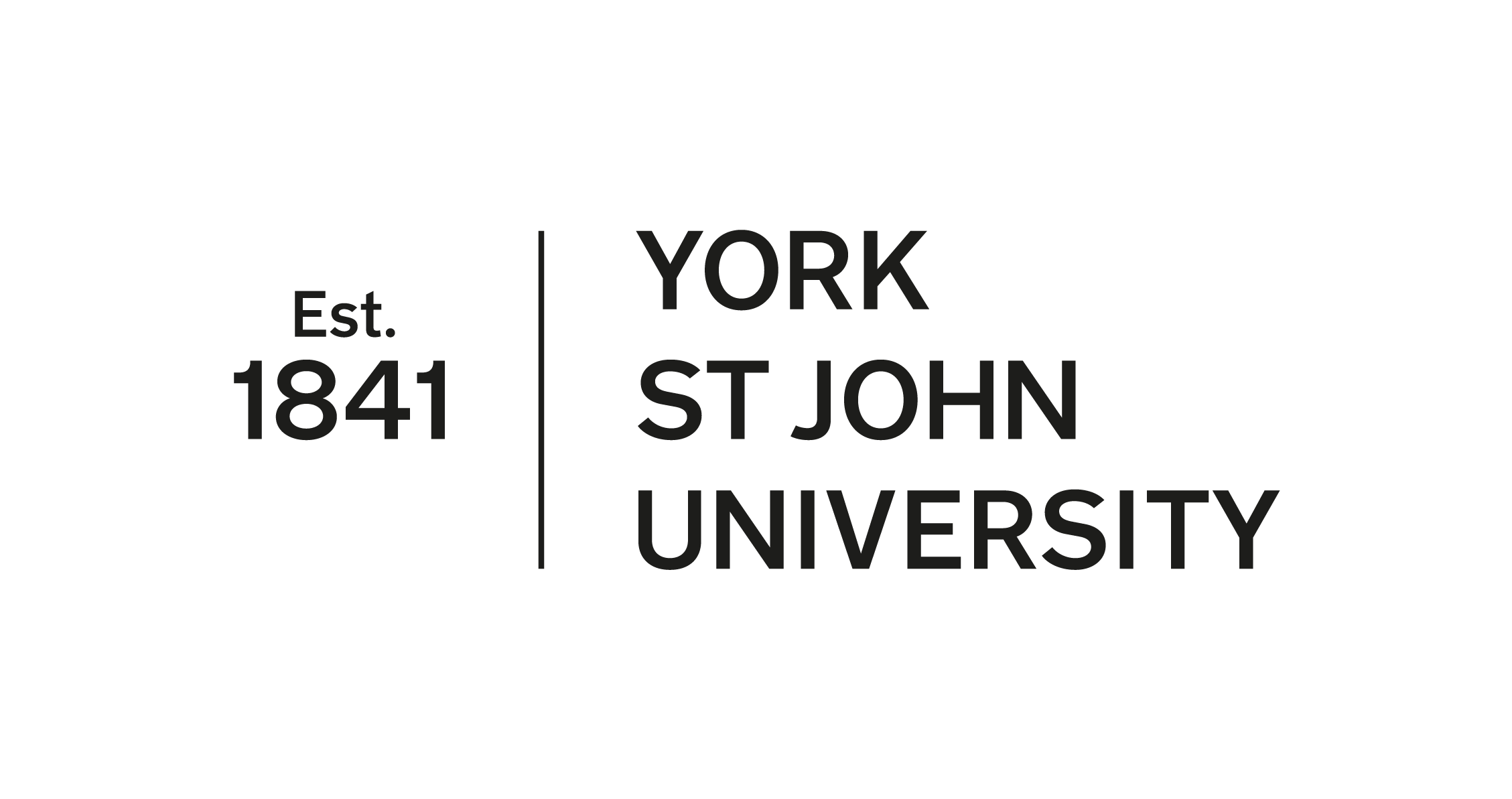Examples of Effective Feedback
Good feedback should include all the three elements given below, reinforcing the positives, pointing out areas for development and suggesting specific actions for moving forward. Below are some brief examples you may use for these three areas when giving either written or verbal feedback.
Positive reinforcement
“The essay was structured effectively, with key points being signposted clearly and presented in a logical order.”
“Your presentation was confident and well-paced, containing the right amount of content for the time allocated.”
“Your enthusiasm for the topic really shines through. You draw on a wide range of examples to make your points, and they are supported with critical discussion of the key issues within this topic.”
Identifying specific areas for improvement
“Although you have used texts from the reading list in your answer, you need to search for additional information on the topic. Remember to access the library catalogue and to use key search terms to find suitable literature to use.”
“While your discussion of the theory is promising, you would demonstrate your understanding more clearly if you gave examples of how the theory might be used in practice. You can draw on your placement experience to do this in future. Think about where have you experienced use of the theory within a practical setting.”
“While the content presented is excellent, the layout makes it a little difficult to follow. Have a look at some of the examples provided in class before the next piece of classwork is due, and use one of these as a model for the presentation of your work.
Setting out actions that can be taken in future work
“Take advantage of the feedback tutorials offered to you, where you will be able to talk through your drafts and plans, and build on those before submitting your final assignment.”
“Reflective writing is often structured using a cycle or model. Next time you complete a reflective piece, try using Gibbs’ cycle, as this will help you to ensure you include all the elements that are required. As well as using Gibbs, ensure that you have read the assessment rubric so that you know what skills you are expected to demonstrate in your work.”
“Next time you are asked to lead a seminar, you may want to think of some prompt questions beforehand to enable the discussion to go more smoothly. For example, you could ask the class generally what they thought of the reading as an opening question.”
